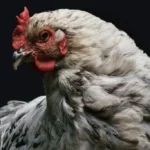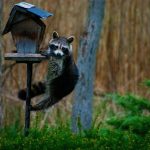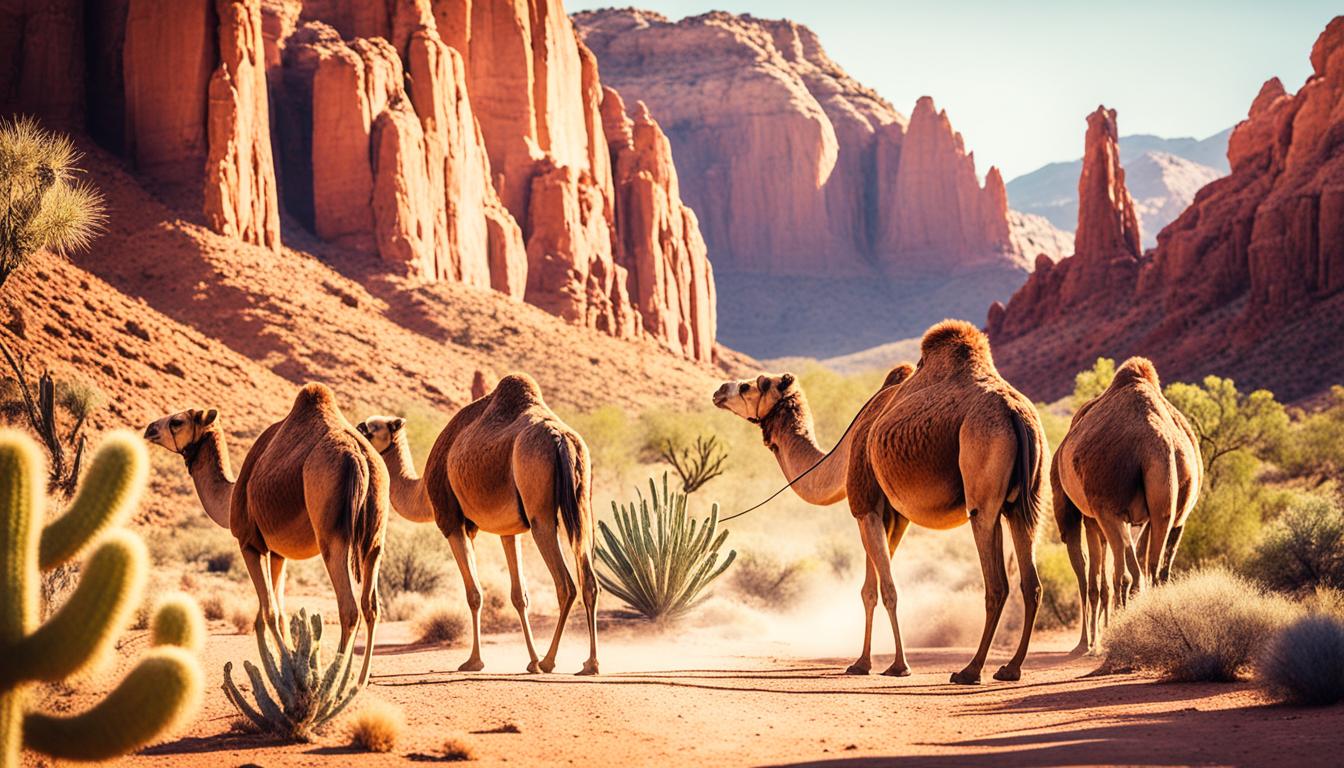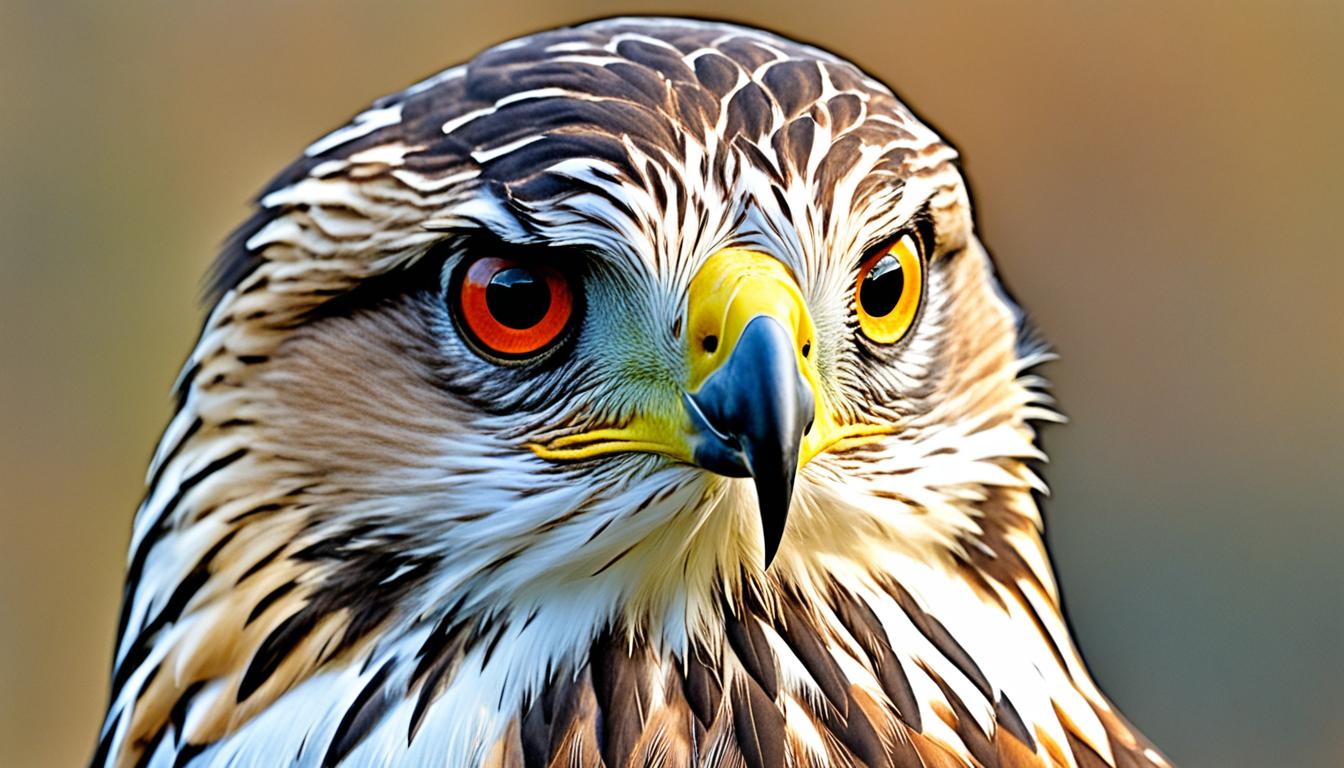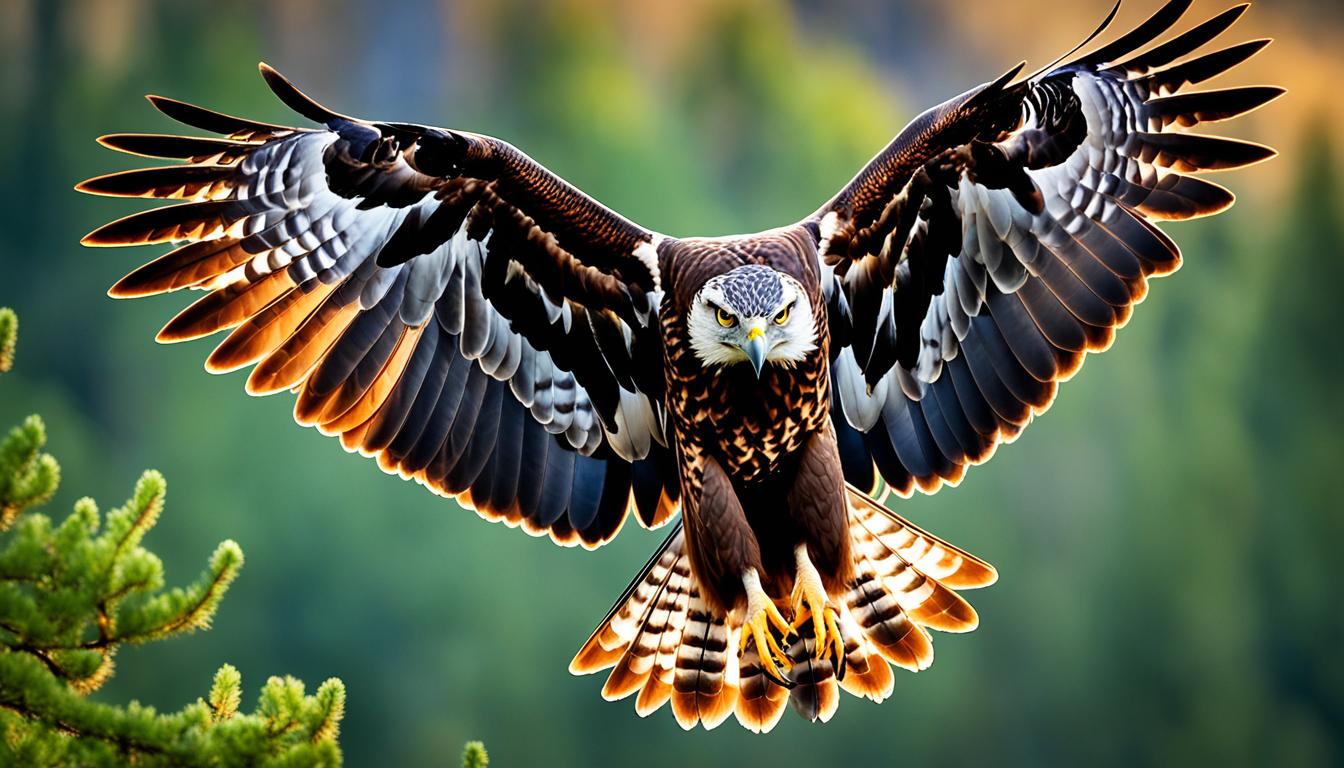Understanding the Raccoon Problem
If you have a raccoon problem in your yard, you are not alone. These creatures are known to be mischievous and pesky, causing a lot of trouble for homeowners. But before you take any drastic measures to get rid of them, it’s important to understand the raccoon problem and why they are attracted to your yard.
Raccoons are creatures that are native to North America and have adapted well to living in urban areas. They are known for their intelligence and resourcefulness, which makes them great at finding food and shelter. Unfortunately, this also means that they are likely to cause problems for homeowners.
The most common reason why raccoons are attracted to your yard is because they are looking for food. They are omnivores, which means that they eat both plants and animals. This makes them particularly fond of garbage cans, compost piles, and bird feeders. If you have any of these things in your yard, you are likely to attract raccoons.
Another reason why raccoons are attracted to your yard is because they are looking for shelter. They are known to make their dens in attics, crawl spaces, and even under decks and porches. If you have any of these areas in your yard, you may be providing a perfect home for raccoons.
It’s important to note that raccoons are wild animals and should be treated with caution. They can carry diseases such as rabies, and they can also be aggressive if they feel threatened. If you have a raccoon problem in your yard, it’s best to contact a professional wildlife removal service to handle the situation.
Bubble Gum and Raccoons
If you have a raccoon problem around your house, you might have heard that bubble gum can be a solution to get rid of them. But is it true that bubble gum can kill raccoons? Let’s find out.
First of all, it’s important to understand that bubble gum is not a natural food for raccoons. Raccoons are omnivores and usually eat fruits, nuts, insects, small animals, and garbage. So, if you leave bubble gum outside, raccoons might be curious and try to eat it. However, it’s unlikely that they will eat a large amount of gum, as they have no reason to do so.
Now, let’s talk about the myth that bubble gum can kill raccoons. The idea behind this myth is that gum is sticky and can get stuck in the raccoon’s digestive system, causing a blockage and leading to death. While it’s true that gum can be harmful to some animals, such as dogs, it’s unlikely to be lethal to raccoons. Raccoons have a strong digestive system that can break down many types of food, including gum.
However, if a raccoon eats too much bubble gum, it could cause problems for its digestive system. Gum contains sugar and artificial sweeteners that can upset the balance of bacteria in the raccoon’s gut, leading to diarrhea and other digestive issues. In extreme cases, a large amount of gum could cause a blockage in the digestive tract, but this is rare.
In conclusion, bubble gum is not a reliable or humane way to get rid of raccoons. If you have a raccoon problem, it’s best to contact a professional wildlife removal service or your local animal control agency. They can help you safely and effectively remove raccoons from your property without harming them.
Can Bubble Gum Kill Raccoons
If you’re dealing with a raccoon problem, you might have heard that bubble gum can be a solution to get rid of them. However, the idea that bubble gum can kill raccoons is mostly a myth. While chewing gum can be harmful to some animals, it is unlikely to be lethal to raccoons. Here’s why:
Firstly, bubble gum is not poisonous to raccoons, and it will not kill them instantly. However, if a raccoon eats too much bubble gum, it could cause problems for its digestive system. The gum could get stuck in their intestines, leading to blockages and other issues. In extreme cases, this could lead to death, but it is rare.
Secondly, raccoons are omnivores and have a varied diet. They eat everything from fruits and vegetables to insects and small animals. They are also known to scavenge for food in garbage cans and dumpsters. So, even if they do eat some bubble gum, it is unlikely to be enough to cause any significant harm.
In summary, while bubble gum may not be a surefire way to get rid of raccoons, it could still cause them some harm if they eat too much of it. However, there are many other more effective and humane ways to deal with raccoon problems, such as using repellents or calling a professional wildlife removal service. Remember to always handle raccoons with caution and never attempt to harm or kill them yourself.
Dealing with Raccoons Humanely
If you’re dealing with raccoons on your property, it’s important to handle the situation humanely. While it may be tempting to resort to lethal methods, there are plenty of humane options available for wildlife control and pest control.
One effective method for deterring raccoons is to make your property less attractive to them. This can involve securing your garbage cans with tight-fitting lids, cleaning up any fallen fruit or nuts from trees, and removing any potential food sources like pet food left outside. You can also try using motion-activated lights or sprinklers to scare off raccoons.
If you’re dealing with a persistent raccoon problem, you may want to consider calling in a professional wildlife removal service. These experts can safely and humanely trap and relocate raccoons to a more suitable habitat. It’s important to make sure that any wildlife removal service you hire is licensed and follows humane trapping and relocation practices.
Another humane option for dealing with raccoons is to use deterrents. There are a variety of natural and commercial deterrents available, including predator urine, ammonia-soaked rags, and motion-activated noisemakers. These can be effective at discouraging raccoons from entering your property without causing them harm.
Remember, raccoons are intelligent and resourceful animals, and they play an important role in our ecosystem. By taking a humane approach to wildlife control, you can protect both your property and the well-being of these fascinating creatures.
Alternative Methods to Get Rid of Raccoons
If you are not comfortable using bubble gum to get rid of raccoons, there are several other humane and effective methods you can try. Here are some tips and methods to help you get rid of raccoons without harming them.
Use a Humane Trap
One of the most effective and humane ways to get rid of raccoons is by using a humane trap. These traps are designed to catch the raccoons without harming them. Once you have caught the raccoon, you can release it far away from your home in a safe and appropriate location.
Seal Off Potential Entry Points
Raccoons are excellent climbers and can easily access your property through holes, gaps, and cracks. To prevent raccoons from entering your property, you should seal off any potential entry points. This includes sealing off any holes or gaps in your walls, roof, or foundation.
Use Ammonia
Raccoons have a very strong sense of smell, and they are deterred by the smell of ammonia. You can use ammonia to keep raccoons away from your property by soaking rags in ammonia and placing them in areas where raccoons are likely to enter.
Install Motion-Activated Lights and Sprinklers
Raccoons are nocturnal animals, and they are often deterred by bright lights and loud noises. You can install motion-activated lights and sprinklers in your yard to deter raccoons from entering your property.
Remove Food Sources
Raccoons are attracted to food sources, so removing any potential food sources from your property can help deter them. This includes securing your garbage cans, removing any fallen fruit from your trees, and keeping your pet food inside.
By using these methods, you can effectively get rid of raccoons without harming them. Remember, raccoons are wild animals, and it is important to treat them with respect and kindness.
Raccoons and Plants
If you’re a plant lover, you may have encountered raccoons digging around in your garden. Raccoons are known to be curious creatures and they are attracted to plants and fruits. However, they can cause damage to your garden by digging up plants and eating fruits and nuts.
To prevent raccoons from damaging your plants, there are a few things you can do. First, make sure your garden is well-lit at night. Raccoons are nocturnal animals and they are less likely to visit your garden if it is well-lit. Second, consider using a fence to keep raccoons out of your garden. A fence can be an effective way to keep raccoons away from your plants and fruits.
If you have fruit trees in your garden, you may want to consider using netting to protect your fruit. Raccoons are known to climb trees and eat fruit, so netting can be an effective way to keep them away. Additionally, you can try using a motion-activated sprinkler to scare raccoons away from your garden.
It’s important to note that while raccoons can be a nuisance, it’s not recommended to use harmful methods to get rid of them. Bubble gum, for example, is not an effective way to kill raccoons and can actually be harmful to them if they ingest too much. Instead, focus on preventative measures to keep raccoons away from your garden.
Protecting Your Trash from Raccoons
Raccoons are notorious for their scavenging habits, and your trash cans are a prime target for these critters. Raccoons have a keen sense of smell and can detect food from a distance, making your trash cans an easy target. Here are some tips to help you protect your trash from raccoons:
Secure Your Trash Cans
The first step to protecting your trash from raccoons is to secure your trash cans. Make sure the lid is tightly closed and cannot be easily opened. If your trash cans have a flimsy lid, consider replacing it with a more secure one. You can also use bungee cords or other straps to keep the lid in place.
Keep Your Trash Cans Clean
Raccoons are attracted to the smell of food, so it’s important to keep your trash cans clean. Rinse out your trash cans regularly to remove any food residue or odors. You can also use a trash can deodorizer or sprinkle baking soda in the bottom of the can to absorb odors.
Remove Food Sources
If raccoons are a persistent problem in your area, you may need to remove other food sources from your yard. This can include bird feeders, pet food bowls, and compost piles. Raccoons are opportunistic feeders and will take advantage of any available food source.
Use Repellents
There are a variety of commercial repellents available that can help keep raccoons away from your trash cans. These can include motion-activated sprinklers, ultrasonic devices, and natural repellents like peppermint oil or cayenne pepper. You can also try placing ammonia-soaked rags near your trash cans to deter raccoons.
Consider Physical Barriers
If all else fails, you may need to consider physical barriers to keep raccoons away from your trash cans. This can include placing the trash cans in a locked shed or garage, or installing a fence around your trash cans.
By taking these steps, you can help protect your trash from raccoons and prevent them from becoming a nuisance in your yard.
Raccoons and Pets
If you have pets, such as house cats, you may be concerned about raccoons. Raccoons are generally not aggressive towards pets, but they may attack if they feel threatened. In addition, raccoons can carry diseases that can be harmful to pets. Therefore, it is important to take precautions to keep your pets safe.
One way to protect your pets from raccoons is to keep them indoors at night. Raccoons are most active at night and are more likely to come into contact with pets during this time. If you do let your pets outside, make sure they are supervised and that the area is secure.
Another way to protect your pets is to keep food and water inside. Raccoons are attracted to pet food and may come into your yard looking for a meal. If you feed your pets outside, make sure to clean up any leftover food and store it in a secure container.
It is also important to keep your pets up to date on their vaccinations. Raccoons can carry diseases such as rabies and distemper, which can be transmitted to pets through bites or scratches. By keeping your pets vaccinated, you can help protect them from these diseases.
In summary, while raccoons are generally not aggressive towards pets, it is important to take precautions to keep your pets safe. Keep your pets indoors at night, secure your yard, keep food and water inside, and keep your pets up to date on their vaccinations. By following these tips, you can help protect your pets from raccoons and the diseases they may carry.
Are Raccoons Aggressive Like Tasmanian Devils?
Are raccoons aggressive like Tasmanian devils? While both animals can display aggression, the tasmanian devil’s aggression explained. Raccoons are known for their curious and mischievous nature rather than their aggression. On the other hand, Tasmanian devils have a reputation for territorial behavior and robust aggression towards individuals of their own species.
Raccoon Entry Points and Prevention
Raccoons are intelligent and resourceful animals that can enter your property through various entry points, such as holes, vents, and chimneys. To prevent raccoons from entering your property, you need to identify and seal all the possible entry points.
Identifying Entry Points
The first step in preventing raccoon entry is to identify all the entry points. Common raccoon entry points include:
- Roof vents
- Roof-soffit intersections
- Roof edges
- Chimneys
- Attics
- Crawl spaces
- Garages
- Basements
- Doors and windows
Look for any holes, gaps, or cracks in these areas that raccoons could use to enter your property.
Prevention Methods
Once you have identified the entry points, you need to seal them to prevent raccoons from entering your property. Here are some prevention methods:
- Install a vent cover or wire mesh over the vent to prevent raccoons from accessing your roof through the vents.
- Ensure the cover is securely fastened to prevent raccoons from prying it open.
- Seal any gaps or cracks in the roof-soffit intersections and roof edges with caulking or weatherstripping.
- Install chimney caps to prevent raccoons from entering your chimney.
- Seal any holes or gaps in the attic, crawl spaces, garages, and basements with steel wool or hardware cloth.
- Install motion-activated lights and sprinklers to deter raccoons from entering your property.
- Keep your doors and windows closed and locked, especially at night.
By taking these prevention measures, you can keep raccoons out of your property and prevent any damage or health risks they may pose.


